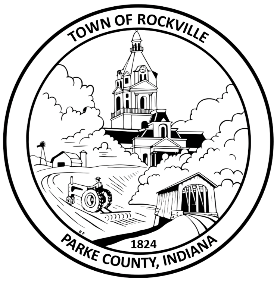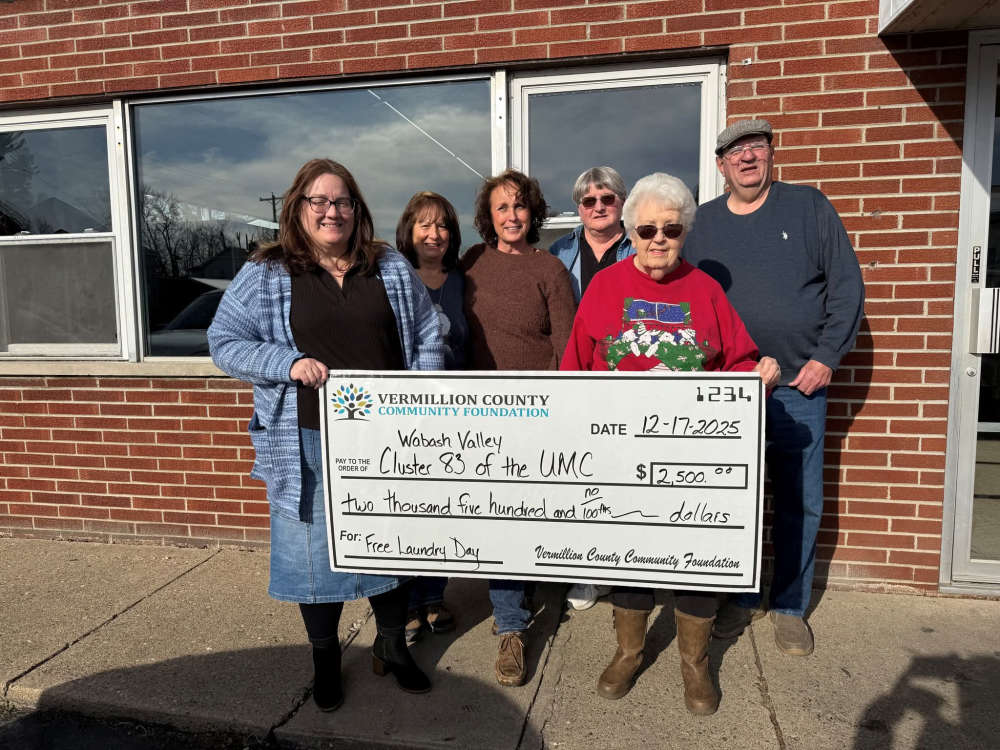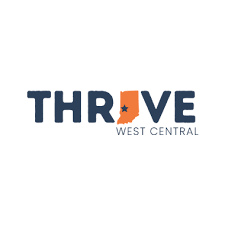
Tuesday, Senator Braun, Ranking Member of the Senate Special Committee on Aging, introduced four bills highlighting his priorities for the Older Americans Act (OAA) reauthorization.
These bills address long-term care programs, nutrition programs, national resource centers, and disease prevention and wellness programs for seniors. The OAA was last reauthorized in 2020 and will expire on September 30, 2024.
“Every American deserves to live their golden years with dignity and respect. The priorities I have introduced for the Older Americans Act reauthorization ensure essential services are delivered efficiently for older Americans so they can continue to lead healthy, productive, and meaningful lives independently or in care homes.” — Senator Braun
Senator Braun introduced the following bills:
The Long-Term Care Transparency Act with Senator Bob Casey, Chairman of the Senate Special Committee on Aging, aims to increase transparency by requiring the Administration on Aging to collect and report findings by States’ Long-Term Care (LTC) Ombudsman programs to Congress. States’ LTC Ombudsman programs resolve problems related to the health, safety, welfare, and rights of people living in nursing homes, assisted living facilities, and other residential care settings.
“Long-term care ombudsmen provide an essential service, ensuring that nursing homes, assisted living facilities, and other residential care communities are providing quality care for older adults and people with disabilities. Congress has an obligation to empower these workers and provide them with the resources they need to keep our seniors safe. This new bipartisan bill will give Congress more information about the needs of long-term care ombudsmen around the Nation, allowing us to assess their needs and help them do their jobs.”—Senator Bob Casey (D-PA)
Endorsements: National Association of State Ombudsman Programs, Elder Justice Coalition, ADvancing States, and National Council on Aging
2. The Innovative Nutrition for Seniors Act with Senator Gary Peters would increase local flexibility to improve the reach of nutrition services under OAA.
Endorsements: National Association of Nutrition and Aging Services Programs, Academy of Nutrition and Dietetics, and National Council of Aging
3. The Evidence-Informed Health Promotion Act would allow health and wellness programs to be evidence-informed to expand the reach of services, particularly for seniors living in rural areas.
Endorsements: USAging, ADvancing States, and National Council of Aging
4. The Senior Center Transparency Act aims to increase transparency and give policymakers more information on how resource centers are serving older Americans.


 Debate over Rockville utility billing continues
Debate over Rockville utility billing continues
 Rockville Town Board shuffles up leadership positions
Rockville Town Board shuffles up leadership positions
 Political candidates can begin filing this week
Political candidates can begin filing this week
 Historic sites bill passes out of committee
Historic sites bill passes out of committee
 More than one-third of Christmas tree home fires occur in January
More than one-third of Christmas tree home fires occur in January
 Temporary visitation restrictions enacted by Union Health due to uptick in respiratory virus cases
Temporary visitation restrictions enacted by Union Health due to uptick in respiratory virus cases
 Reps. Heaton, Yocum: Indiana House accepting student applicants for 2026 page program
Reps. Heaton, Yocum: Indiana House accepting student applicants for 2026 page program
 VCCF awards $2,500 grant to support Free Laundry Day Program
VCCF awards $2,500 grant to support Free Laundry Day Program
 Thrive West Central announces new housing project
Thrive West Central announces new housing project
 Gov. Braun, AG Rokita ask Federal Court to lift 20-year ban on Historical Monument at Indiana Statehouse
Gov. Braun, AG Rokita ask Federal Court to lift 20-year ban on Historical Monument at Indiana Statehouse
 Emily Adams named 2026 Lilly Endowment Scholar
Emily Adams named 2026 Lilly Endowment Scholar
 Ray Allison named next executive director of the Indiana State Fair Commission
Ray Allison named next executive director of the Indiana State Fair Commission
 INvestABLE Indiana announces expanded eligibility criteria beginning January 1
INvestABLE Indiana announces expanded eligibility criteria beginning January 1




